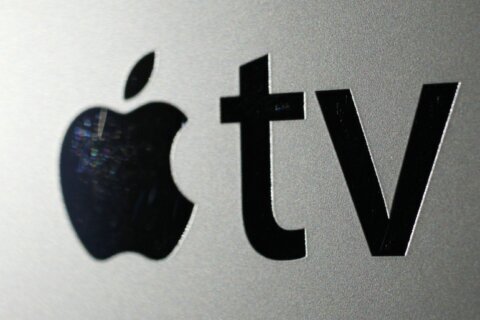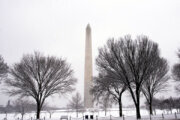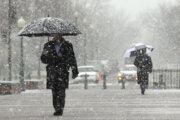WELLINGTON, New Zealand (AP) — New Zealand’s economy is expected to remain sluggish for another two years, although the overall picture is rosier than many observers had feared, new figures released Tuesday indicate.
The nation’s Treasury released the projections ahead of an election next month. They showed a slight deterioration from earlier predictions, with tax takes lower than expected and high inflation causing ongoing headaches.
Unemployment is expected to jump from a current rate of 3.6% to 5.4% in 2025 before falling again, while economic growth is expected to fall from 3.1% this year to 1.3% next year, before bouncing back to 3.3% by 2026. Net debt as a percentage of the economy is expected to peak at 23% in 2025.
Treasury said subdued house price growth and a tougher labor market would dampen household wealth and incomes, and that exporters, including farmers, faced ongoing headwinds. A predicted return to the government running budget surpluses was pushed back by a year until 2027.
The Treasury predicted inflation would fall from 6% this year to 2.5% by 2025, and noted that a post-pandemic immigration influx had helped stabilize falling house prices earlier than expected.
“I think what these books represent is a turning of the corner for the New Zealand economy,” said Finance Minister Grant Robertson. “It has been an extremely tough time for businesses and households.”
He said his government had a plan to get people through the challenges to a “better tomorrow.”
But that turnaround could come too late for the government, with opinion polls showing the opposition conservatives with a lead over the incumbent liberals as the election campaign heats up.
David Seymour, the leader of the opposition ACT Party, said the government had mismanaged the economy and his party would cut wasteful government spending.
New Zealand’s economy dipped into a shallow recession this year after COVID-19 recovery funds dried up and higher interest rates put the brakes on consumer spending. It’s possible the recession call could be reversed when revised figures for the March quarter are released.
Copyright © 2025 The Associated Press. All rights reserved. This material may not be published, broadcast, written or redistributed.







